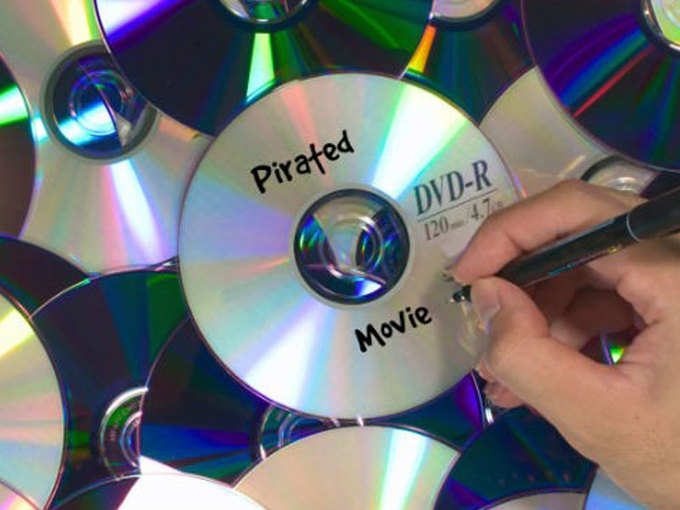 That even the biggest names in the industry can’t escape piracy was proved again, some weeks ago, when the big budget Rajinikanth starrer Kabali saw its hero’s opening scene leak into the online world a couple of days before its release. The fact that this and other spoilers, including a partial copy which had been filmed by a mobile phone, did not stop the film from having a box office collection Rs 350 crores in the first two weeks, was in part thanks to fact that 15,000
That even the biggest names in the industry can’t escape piracy was proved again, some weeks ago, when the big budget Rajinikanth starrer Kabali saw its hero’s opening scene leak into the online world a couple of days before its release. The fact that this and other spoilers, including a partial copy which had been filmed by a mobile phone, did not stop the film from having a box office collection Rs 350 crores in the first two weeks, was in part thanks to fact that 15,000 In the case of Kabali and many other films, these
Piracy has been an issue since the time of double tape decks but its infiltration and its ability to cause stress to production houses has grown exponentially in the digital age. Before
In our experience we have found two main kinds of entities who upload pirated files online. First and the simpler to catch and deal with of the two, are the ones who out of sheer bravado or wanting to prove their fanatical enthusiasm about their idol, post a pirated clip or song from the movie, to showoff if they have gotten to see a Benefit Show or a Premiere or first show, as the case may be. This could also be an inside job done by someone from the production unit. They usually do not have a mercantile interest unlike the second category. This category wants to monetize the pirated copy on video-sharing websites such as YouTube or Dailymotion and is more problematic because while a claimed link can be shut down in a matter of minutes on a platform such as YouTube; Dailymotion and other websites can take hours to take down a link, making it impossible for an urgent treatment of piracy the situation which is required.
Nipping piracy in the bud
Whatever might be the intent, at the end of the day, leakages affect the bottom line of the investment fraternity, which has put in the money into the creative process. Our tips therefore to companies affected by piracy would be:
Shut them down or partner: The vast majority of pirated links are put up by individuals or casual set-ups and a defensive strategy involves bringing them down either through algorithms or by physically scouring the web. This is exactly what we did for the producers of Kabali where in addition to amplifying and promoting the film in the digital world, our claims team took on the task of bringing down pirated links. Separately and in other cases, our team has also recommended partnering, if it is evident that the source is a recognized company and is generating a large number of views and revenue.
Communicate with audiences: Having had experience of about two decades in dealing with piracy, I reiterate our advice to production houses, that piracy almost certainly is not preventable and at best can be controlled with a strong communication and execution strategy. This is a more proactive approach and involves understanding the psyche of people, existing piracy patterns, and preempting the challenges. Inform audiences of the distribution plans of the film, which will discourage them from watching pirated content. This means planning for the film to be made available online, on subscription-fee platforms such as Mango Mobile TV, which offer audiences the convenience of watching films anywhere on any device within weeks of its release. Usually films are released on platforms such as Mango Mobile TV and many more platforms to join this monetizing model, within weeks of releasing in theatres and are available for viewership at a fraction of the cost. This feeds into the need of most audiences who are price and time sensitive. The next level of dissemination is making the film available on Direct-to-Home service providers and digital cable TV providers, and again informing audiences of the same.
There is a never-ending charade of
(Image Source: Thinkstock)
(About the Author: This article has been contributed by Rama Krishna Veerapaneni. He is the Managing Director of Whacked Out Media.)